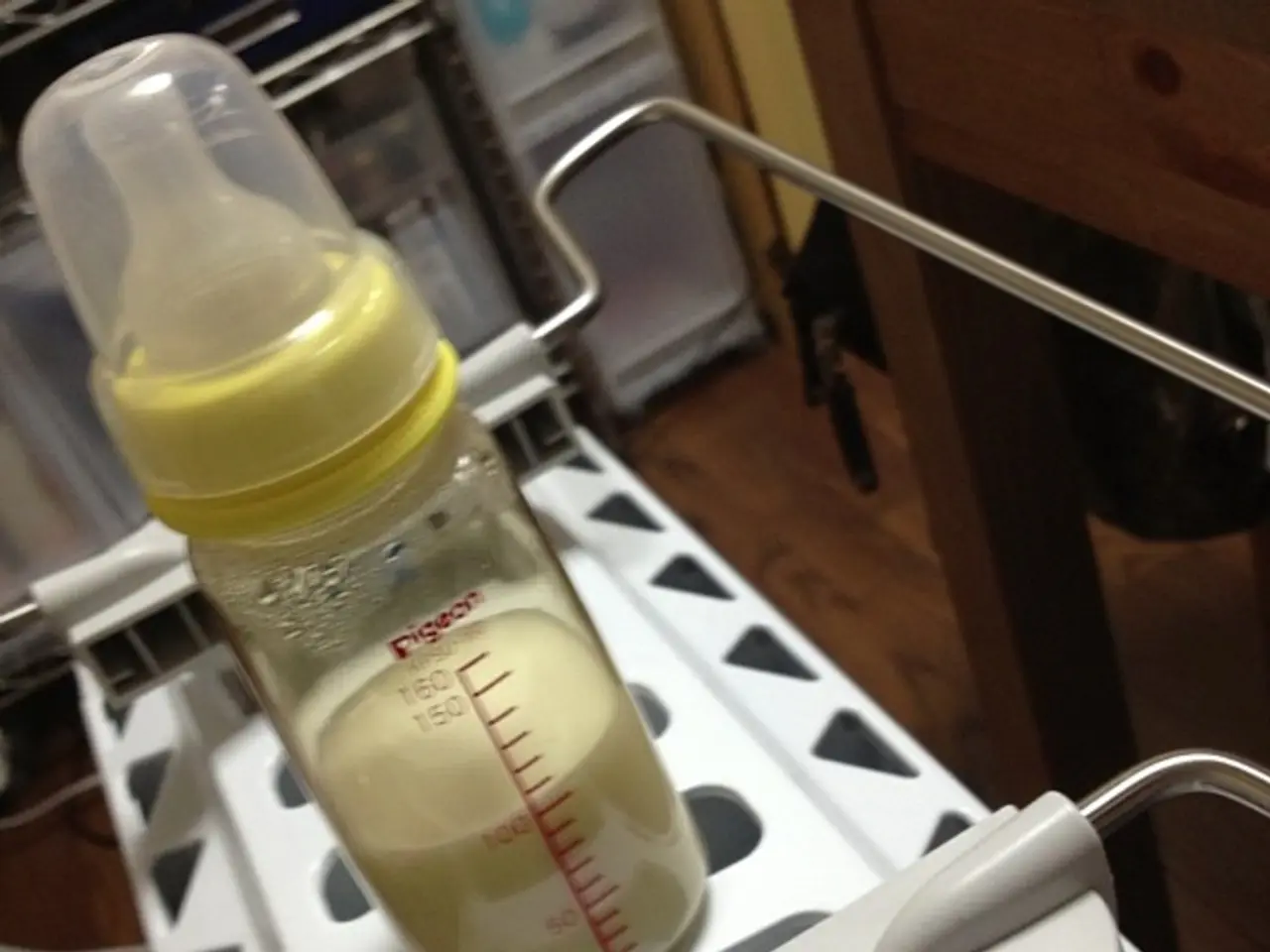Milk industry under scrutiny for alleged collusion tactics
In a recent development, allegations of collusion among UHT milk manufacturing companies in Egypt to artificially raise prices have surfaced, leading to a significant response from the Egyptian Chamber of Foodstuffs Manufacturers.
According to reports, four UHT milk manufacturing companies have been accused of breaching anti-trust regulations by colluding to increase prices simultaneously and by similar percentages. The Anti-Trust Authority has reported these companies to the Trade Ministry for further investigation.
The collusion, if proven, would be a violation of competition laws designed to prevent such anti-competitive practices and maintain fair market competition. In many countries, such as Colombia, violators can face fines and legal actions.
The Chamber, led by Tarek Tawfik, has expressed its dissatisfaction with the government's handling of the issue and has announced a boycott of future meetings with the Trade Ministry. This boycott is intended to put pressure on the government to address the issue of collusion in the UHT milk industry and protect private-sector producers from alleged abuses.
Tawfik, in a statement, also mentioned that sales prices in the UHT milk industry are linked to the price of fresh milk supplied by farms, which is strictly regulated by the government. He expressed surprise that the companies could conspire to increase prices while being present inside the ministry with a representative attending the meeting.
Failure to report and justify price hikes could result in fines for producers, as per Tawfik's statement. He urged the Trade Ministry to take swift action to investigate the matter and ensure fair practices in the industry.
To find specific information about Egyptian regulations regarding price-fixing and anti-competitive practices, one can refer to the Egyptian Ministry of Supply and Internal Trade, the Egyptian Competition Authority, and the Egyptian Food Safety Authority. Consulting official government websites or contacting these agencies directly would be advisable for precise details.
The boycott could potentially disrupt the flow of information and decision-making processes between the chamber and the Trade Ministry, indicating a growing tension between the private sector and the government regarding the handling of anti-trust issues in the UHT milk industry. This situation underscores the importance of transparent and effective regulation in maintaining market competition and consumer protection.
- The collusion in the UHT milk industry, if proven, could potentially extend to other sectors in Egypt, as similar anti-competitive practices in finance, business, or other industries might go unchecked without proper regulation.
- To prevent similar instances of collusion in other industries, such as finance or business, the Egyptian government should consider implementing stricter penalties for violating anti-trust regulations, as seen in countries like Colombia.




